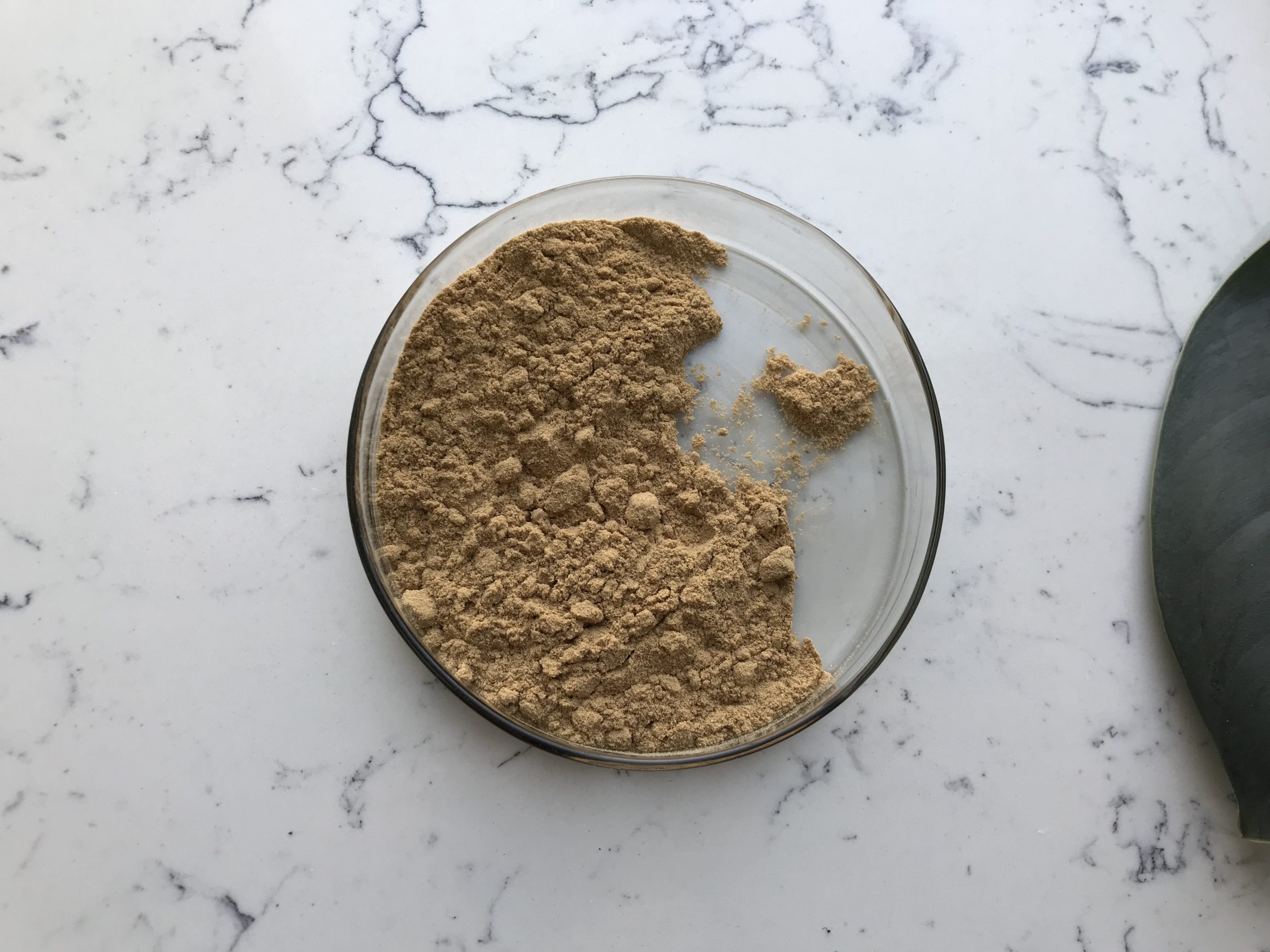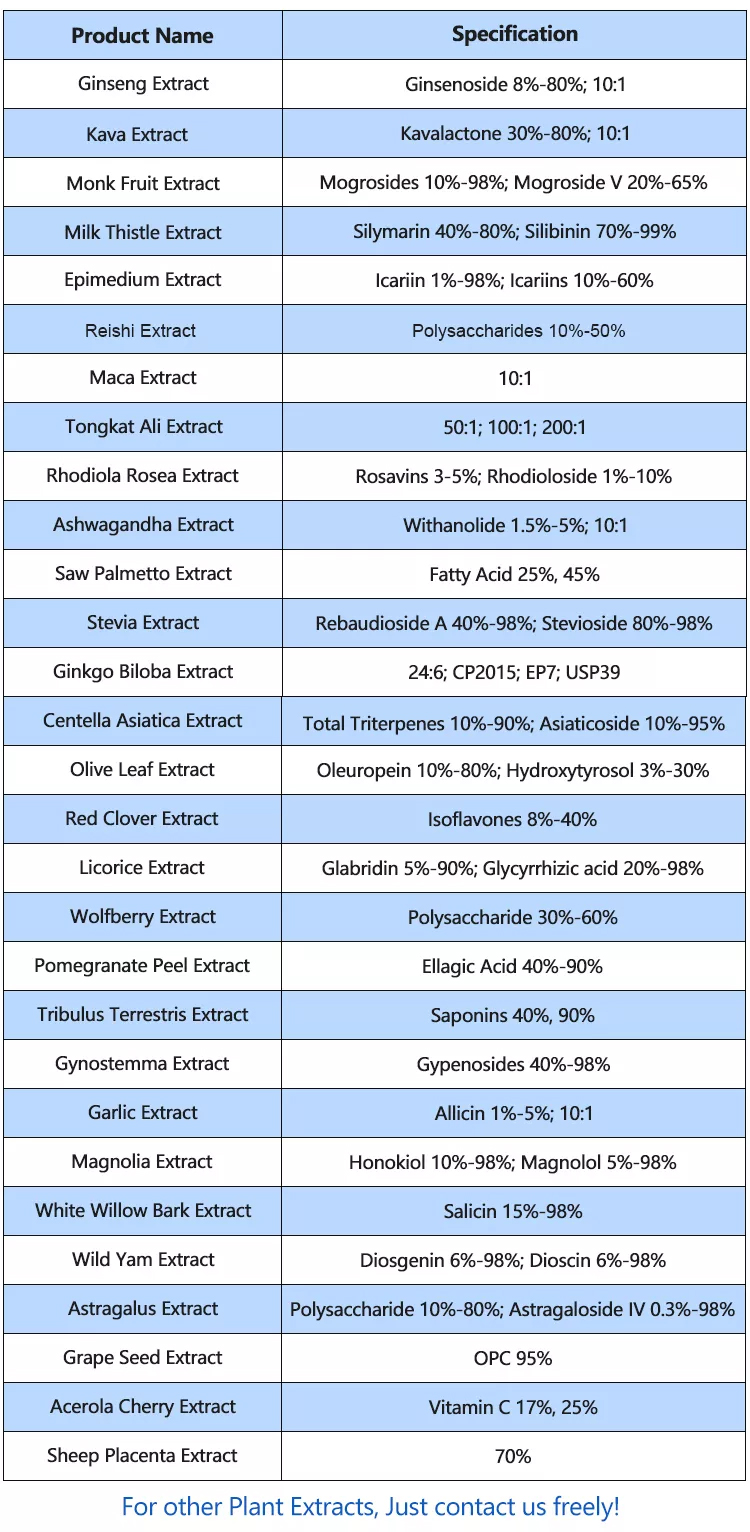Kava extract, derived from the root of the Piper methysticum plant, is traditionally used for its calming, anxiolytic, and sedative effects. The pharmacological action of kava is primarily attributed to its active compounds called kavalactones, which are a group of lactone compounds. These kavalactones have various effects on the central nervous system (CNS), contributing to kava’s therapeutic properties. Here’s a breakdown of its pharmacological actions:
1. Anxiolytic (Anti-Anxiety) Effects
- Mechanism: Kava is best known for its ability to reduce anxiety. Kavalactones may interact with GABA (gamma-aminobutyric acid) receptors in the brain, enhancing GABAergic activity, which is associated with calming effects.
- Other Pathways: Kava may also influence serotonin, dopamine, and noradrenaline systems, contributing to mood stabilization and a sense of relaxation.
2. Sedative and Relaxant Effects
- Kava extract has a mild sedative action that helps promote relaxation without impairing cognitive function or inducing significant drowsiness. This is useful for reducing stress and improving sleep quality in some individuals.
- The sedative effects are also thought to be mediated through the GABA-A receptor, similar to how benzodiazepines function, although kava’s mechanism is less direct.

3. Muscle Relaxation
Kava may have muscle-relaxing properties, which can contribute to its overall calming effects. This is thought to be due to its action on the central nervous system, though it is not as potent as prescription muscle relaxants.
4. Neuroprotective Effects
Some studies suggest that kava extract may have neuroprotective properties due to its antioxidant and anti-inflammatory effects. Kavalactones may help reduce oxidative stress in the brain, potentially protecting neurons from damage and improving cognitive function in the long term.
5. Cognitive Effects
While Kava extract does not typically impair cognition in moderate doses, there is some evidence that chronic, high-dose use could lead to a syndrome known as “kava dermopathy” or “kava poisoning,” which can involve cognitive impairments and skin issues. However, when used appropriately, kava seems to have minimal cognitive side effects.
6. Effects on the Autonomic Nervous System
Kava is thought to influence autonomic functions, such as heart rate and blood pressure. Some research suggests that it may help reduce sympathetic nervous system activity, leading to decreased stress responses like elevated heart rate and blood pressure.
7. Antidepressant Effects
There is emerging evidence to suggest that kava may have mild antidepressant properties, likely due to its effects on neurotransmitter systems, such as serotonin and dopamine. However, more research is needed to confirm its antidepressant efficacy.
8. Anti-Inflammatory and Antioxidant Effects
Some kavalactones have shown anti-inflammatory and antioxidant properties in laboratory studies, which may contribute to the overall calming effects and possibly support mental health.

Safety and Side Effects
- Liver Toxicity: One of the major concerns with kava is its potential hepatotoxicity, especially when consumed in large amounts or inappropriately processed forms. While hepatotoxicity is rare, it has led to kava being banned or restricted in some countries.
- Skin Issues: Chronic use of Kava extract can lead to a condition called “kava dermopathy,” where users develop rough, scaly skin. This is reversible upon cessation of use.
- Potential Interactions: Kava may interact with other CNS depressants, such as alcohol, benzodiazepines, or other sedatives, and could increase the risk of drowsiness or respiratory depression.
In summary, kava extract primarily acts as an anxiolytic, muscle relaxant, and mild sedative through its effects on the GABAergic system, with additional influence on neurotransmitters like serotonin and dopamine. When used responsibly, it can provide therapeutic benefits, particularly in managing anxiety and stress, but caution should be exercised due to potential hepatotoxicity and other side effects.
